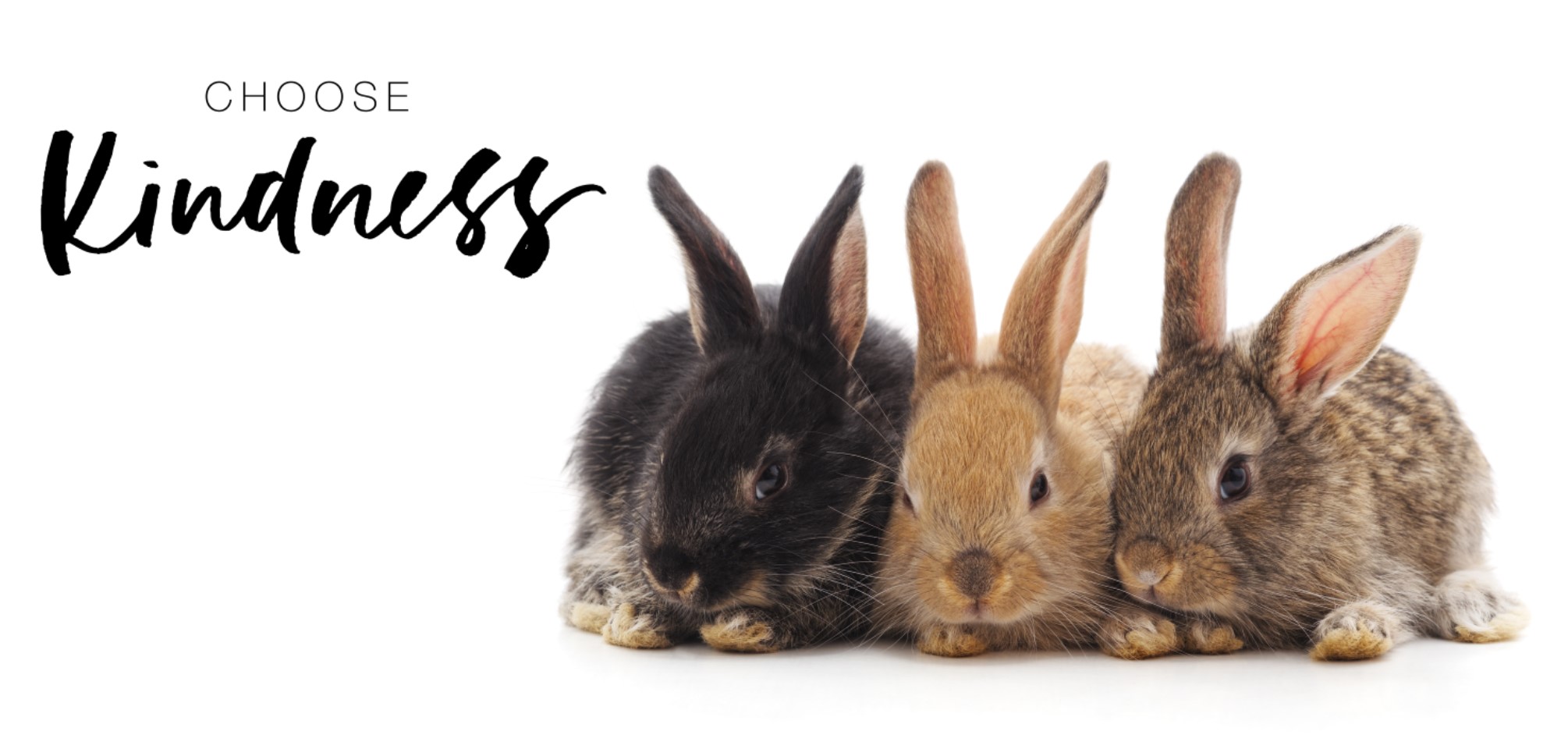
Live with Purpose - January 20, 2020
By: Amber McCracken
Have you ever heard of “the Rabbit Effect”? While researching heart health and diet, scientists discovered that kindness matters. In fact, kindness helps us age better.
It all began with an experiment in the 1970s. Scientists were testing the heart health of two groups of rabbits. Both groups were given unhealthy, high-fat diets. Despite receiving the same heart-clogging foods, one group of rabbits was doing surprisingly well.
At first, the scientists conducting the study couldn’t figure it out. Then, one day, they noticed something different in the group with a little more hop in their step. The researcher in charge of that group was showing them more attention than the other group. She would pick them up, talk to them, pet them.
Although the experiment was trying to solve the riddles of heart health, it stumbled upon a big piece of the wellness puzzle—kindness matters.
This study caught the attention of Columbia University psychiatrist Dr. Kelli Harding, who published a book titled The Rabbit Effect in 2019. Harding delved more deeply into the effects of kindness on the mind and body.
“The hug you give your child or your spouse when you walk out the door makes a difference, and not only with them. There’s this really exciting science of epigenetics and telomere research that shows that loving actions actually change our physiology,” Harding explains.
The University of North Carolina at Chapel Hill recently expanded kindness research. Not only did they find that loving acts of kindness are good for your health, they can actually slow the rate of aging.
Cellular aging is often determined by the length of your telomeres, which are located on the tip of your chromosomes. Many compare telomeres to the plastic tips of shoelaces, protecting your chromosomes from unraveling. Age and chronic stress cause telomeres to wear down. This study wanted to see if different forms of meditation affected the breakdown of telomeres.
Researchers assigned 176 study participants to three different groups – a mindful meditation group, a loving-kindness meditation group and a waitlist control group. After six weeks, the average telomere length naturally decreased in all three groups; however, the rate of deterioration was the slowest in the loving-kindness group.
Loving-kindness meditation involves transferring positive energy from yourself to others…first a good friend, then a neutral person, then to someone you feel hostility towards. The subjects in the study who practiced loving-kindness meditation proved that simply sending kind vibes could help you be happier and live longer.
With so much strife, bitterness and hostility in today’s world, couldn’t we all use a little more kindness in our lives? Doing a kind deed, however small, can make a large impact. And let’s face it – it feels good for all involved.
Mr. Fred Rogers once said “There are three ways to ultimate success: The first is to be kind. The second way is to be kind. The third way is to be kind.” Little did he know at the time that he was sharing not just a secret to success, but also a secret to better aging.
Read more about The Rabbit Effect:
——–
Amber McCracken is the executive director of Current Communications, a boutique consultancy that helps organizations with their marketing and public relations activities. Amber has worked with GHI since 2014, providing her expert advice to support Goodwin Living At Home. She contributes regularly to The Good Life, both as a writer and editor. Amber lives in North Carolina with her husband and two children.
